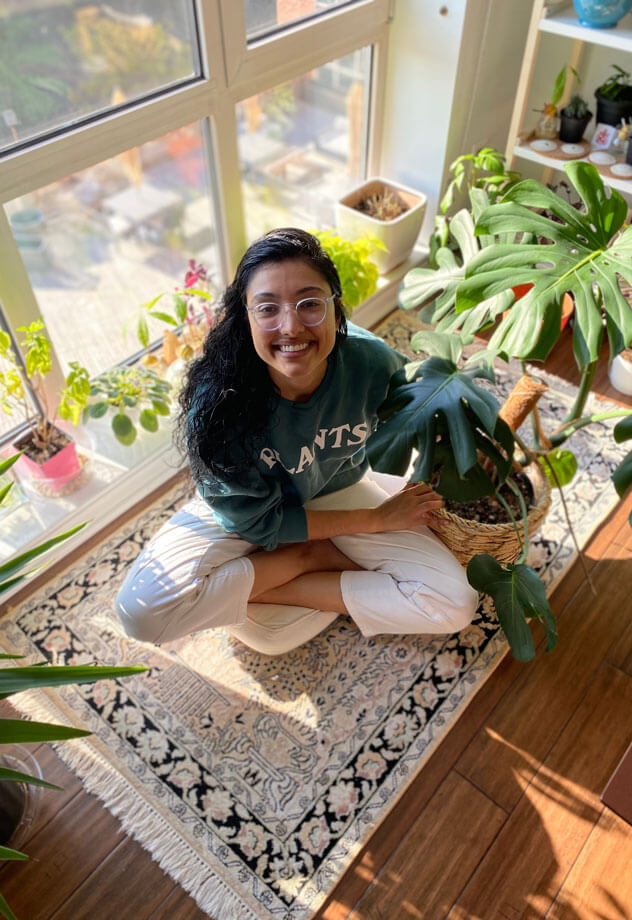Photos provided by the author.
I spend a lot of my free time roaming around my developing, growing urban jungle. We have a small apartment in Harbor East, and since moving here in 2020 during the pandemic, I’ve found total peace in picking up houseplants that bring me joy and caring for them in my apartment. I’ve accumulated 80-plus at this point, and am nearly out of space. The hullaballoo of a hospital can be all-encompassing, but the time, energy and focus I give to caring for my plants has become my practice of meditation.
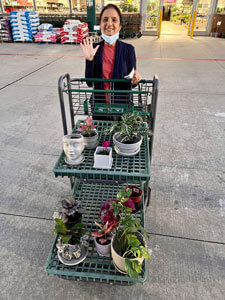
I credit my mother for my hobby. She’s balancing her life beautifully as a psychiatrist running her private practice while cultivating her flower garden. We grew up watching her garden in the yard.
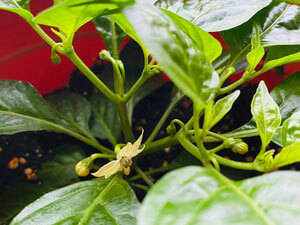
I squat down and get really close to the buds of our friend here every morning. This unassuming plant is a habanero plant — eventually, these flowers will produce habanero chili peppers! The habanero pepper (Capsicum chinense) is one of the hottest pepper plants in the Capsicum family. We germinated this guy from a seed that our co-resident and friend gave us from their pepper-producing plant. Habanero pepper plants can produce many different types of habaneros, and we have no idea what this guy will give us until he bears his peppers.
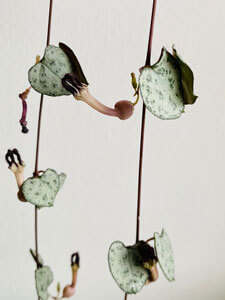
Ceropegia woodii, also known as the “string of hearts.” This is a beloved hanging plant native to South Africa, Swaziland and Zimbabwe. She’s provided us with a shocking new addition to our urban jungle this spring —alien-like flowers trailing down alongside almost every other leaf!
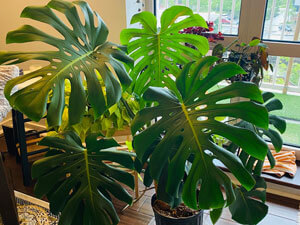
Our pride and joy, the Monstera deliciosa (aka Swiss cheese plant).
He started out as a cutting from our good friend when we first moved to Baltimore, a year and a half ago. At that time, he was a single, non-fenestrated leaf the size of my palm. Now, we stalk his new growth and marvel for weeks at the complexity and grandness of each new leaf he gives us.
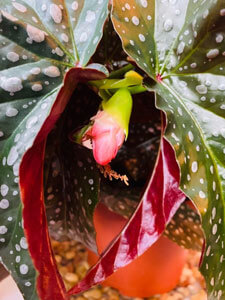
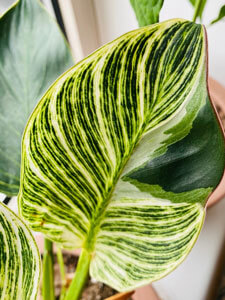
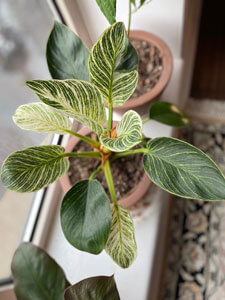
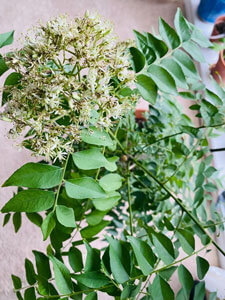
We’re so lucky to have this plant successfully growing in our indoor garden. This was a gift from my mother-in-law, whose first job in America happened to be in a greenhouse.
This is a Murraya koenigii, also known as a curry leaf plant. The curry leaf plant is one of the most essential herbs for any Indian kitchen garden, and I use the leaves frequently in almost every Indian dish I cook at home. The curry leaf tree thrives in tropical to subtropical weather and is native to India and Sri Lanka.
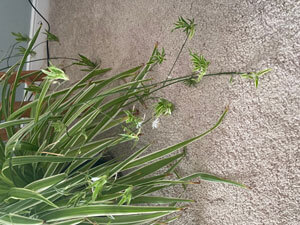
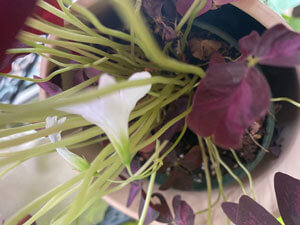

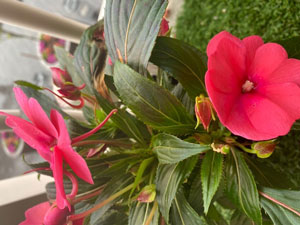
Related Content
- Small Residential Gardens Can Curb Consequences of Baltimore’s Urban Landscape
- A Plant in Every Lab
- Thinking Outside the Brain
- Does Anesthesia Knock Out Plants, Too?
Want to read more from the Johns Hopkins School of Medicine? Subscribe to the Biomedical Odyssey blog and receive new posts directly in your inbox.
